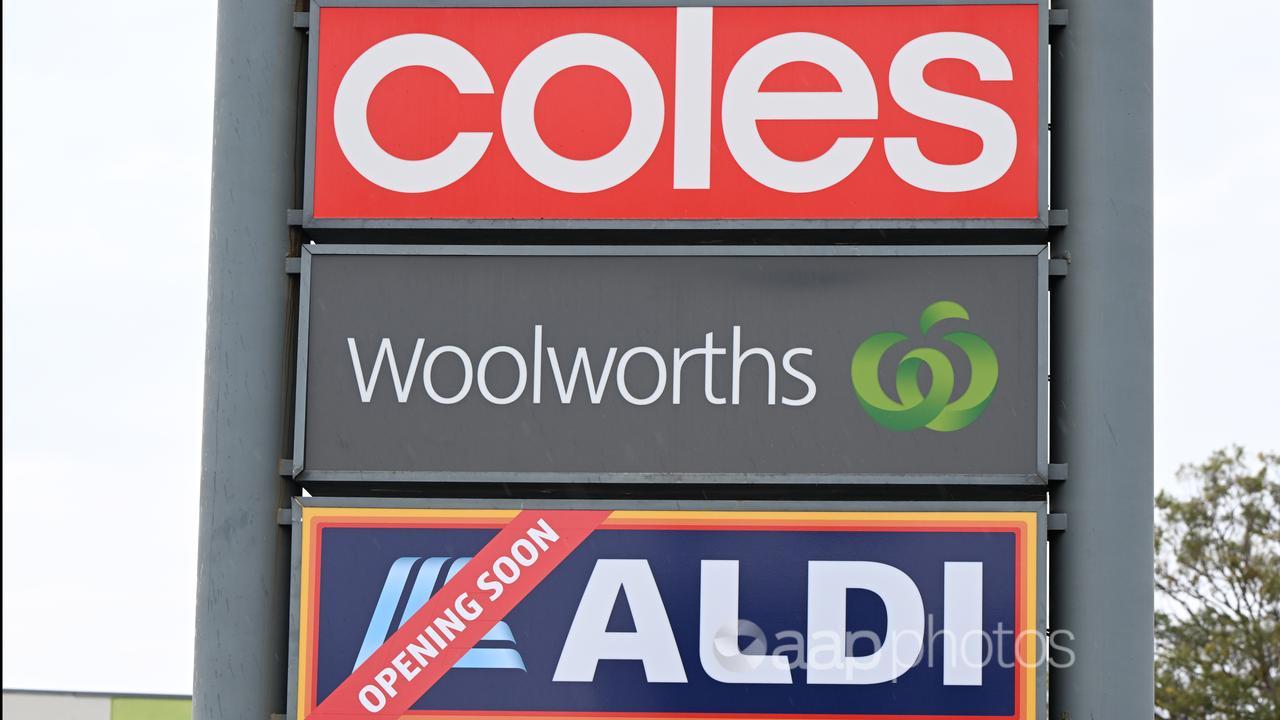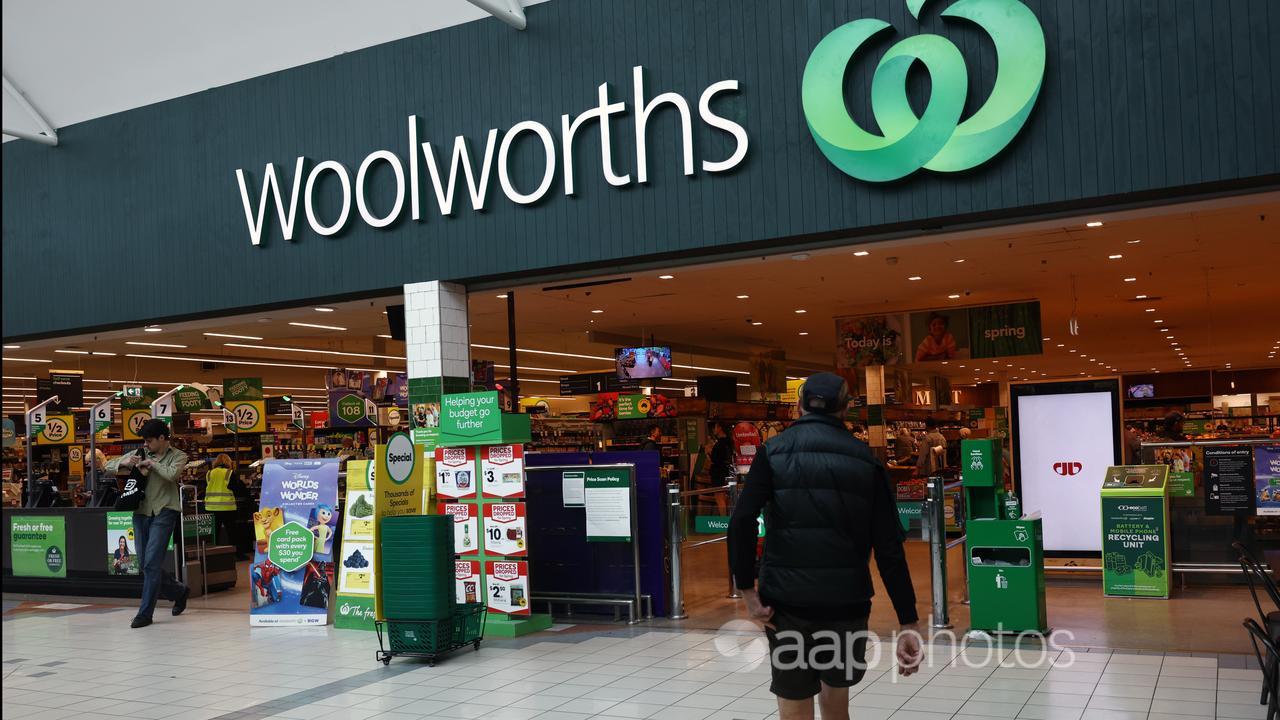Allegations of supermarkets abusing market power through land banking might be overstated, an analyst says, as the prime minister indicates a bigger stick is needed to crack down on wrongdoing.
The federal government has indicated it will work with states and territories to prevent supermarkets hoarding land.
It has also pledged $30 million for the consumer watchdog to investigate wrongdoing in the sector.
Land banking is when companies purchase land with no intention of developing the site in order to prevent competitors from moving.

Submissions to an Australian Competition and Consumer Commission inquiry have highlighted concerns about the practice and the possibility it prevents other chains increasing market share.
But retail analyst at E and P financial group Phillip Kimber said some of the issues were overstated.
“Given it can take five years for a site to move from the planning phase to opening, both Woolworths and Coles development site networks (do not) seem unreasonable to us,” he said.
“COVID materially impacted Aldi and they lost market share during this period. More recently, they have started to win market share again and as a result, may look to step up their store opening program.”
Woolworths had interests in 110 sites for future use and Coles intended to use 42 sites, the report said, while Aldi had 13 undeveloped locations.
The commission’s interim report said grocery prices had gone up by 20 per cent in the past five years but Mr Kimber said Australia had come out better than other countries.
“Food price growth in the last five years is largely in line with inflation in other goods and services,” he said.
“Food price inflation is lower in Australia than in most OECD countries.”

Prime Minister Anthony Albanese said bigger penalties were coming for supermarkets in the form of a mandatory code of conduct.
The previous code of conduct, which governs the relationship between supermarkets and suppliers, was only voluntary.
“We’re giving (the ACCC) a big stick. We’re changing the voluntary code of conduct to a mandated code, something that was never done …what it will do is introduce massive fines and penalties if (supermarkets) breach the code,” he told ABC Radio.
“What we’re seeing here play out is that day-to-day unfair prices make life hard but over a year, the cost really adds up.”
Mr Albanese said there was a disconnect between the role of supermarket bosses and looking after the needs of customers.
“Their job as CEOs is to maximise profits for their shareholders, now that means that there’s a tension between that and looking after their customers.
“Good practice will mean that customers are happier and are more likely to go to their stores … we do have, effectively, a duopoly in this country.”
Coles and Woolworths make up about 67 per cent of supermarket retail sales nationally.
In a statement, a Woolworths spokesman said the company experienced long waiting times for future supermarkets to be approved for development.
“It generally takes five to seven years to deliver new centres or stores – sometimes longer – involving lengthy planning, co-ordinated construction and approval processes, and land is purchased to account for this,” he said.
“We factor in these lead times and approval processes to deliver our stores and other facilities to meet population growth and the needs of our customers.”

A Coles spokesman said the company was committed to keeping prices at its stores low.
“There is limited or no guidance in some areas pertaining to specials and pricing,” he said.
“We will continue to work with the federal government and the ACCC as they progress their ongoing pricing and supermarket inquiries, and welcome any further clarity this process may bring for the retail industry.”




















